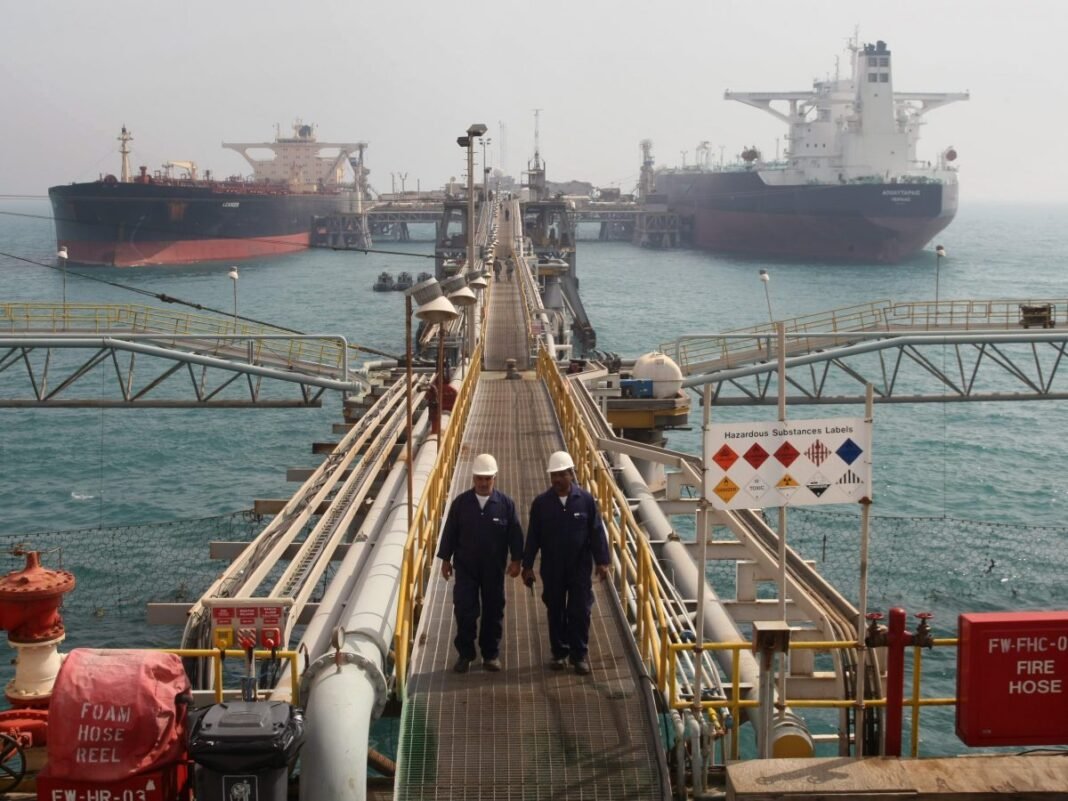Iraq increased oil exports while crude prices continued to decline. The country expanded shipments to strengthen revenue and maintain its position in OPEC. This growth shows Iraq’s determination to secure its role as a leading supplier.
According to official data, Iraq exported 104.7 million barrels of oil in one month. This equaled 3.38 million barrels per day. The exports rose by six percent compared to the previous month. These figures highlight Iraq’s effort to balance falling prices with higher output.
However, oil prices have dropped by nearly ten percent since early this year. Analysts link the decline to trade tensions and tariff disputes involving the United States. Despite this challenge, Iraq pushed forward with stronger exports. The country’s strategy focuses on maintaining stability and meeting international demand.
Bloomberg earlier noted Iraq’s plans to expand shipments of a key oil grade. That expansion started in August as part of an extended program. By doing so, Iraq continues to boost its crude production and prove its importance in global energy supply.
As OPEC’s second-largest producer, Iraq plays a central role in the alliance. OPEC+ recently loosened production limits that had lasted for years. These new measures allowed Iraq to increase exports without facing restrictions. As a result, the country aims to strengthen its economy and protect market share.
At the same time, Iraq faces a growing financial challenge. The International Monetary Fund estimated that Iraq needs $84 per barrel to balance its national budget. This is much higher than the $54 per barrel required in 2020. Lower global oil prices create more pressure on state finances and development plans.
The IMF also expects Iraq’s oil revenue to shrink in the coming years. Projections suggest earnings may reach $84.2 billion in 2025. That would be lower than the $99.2 billion earned the previous year. Revenue could also fall further to $79.2 billion in 2026. These numbers reveal the difficulty of depending mainly on oil income.
Therefore, Iraq’s decision to increase exports amid falling prices shows both resilience and risk. The country wants to preserve influence within OPEC while facing unstable global markets. Iraq oil exports remain a critical tool for economic survival.


